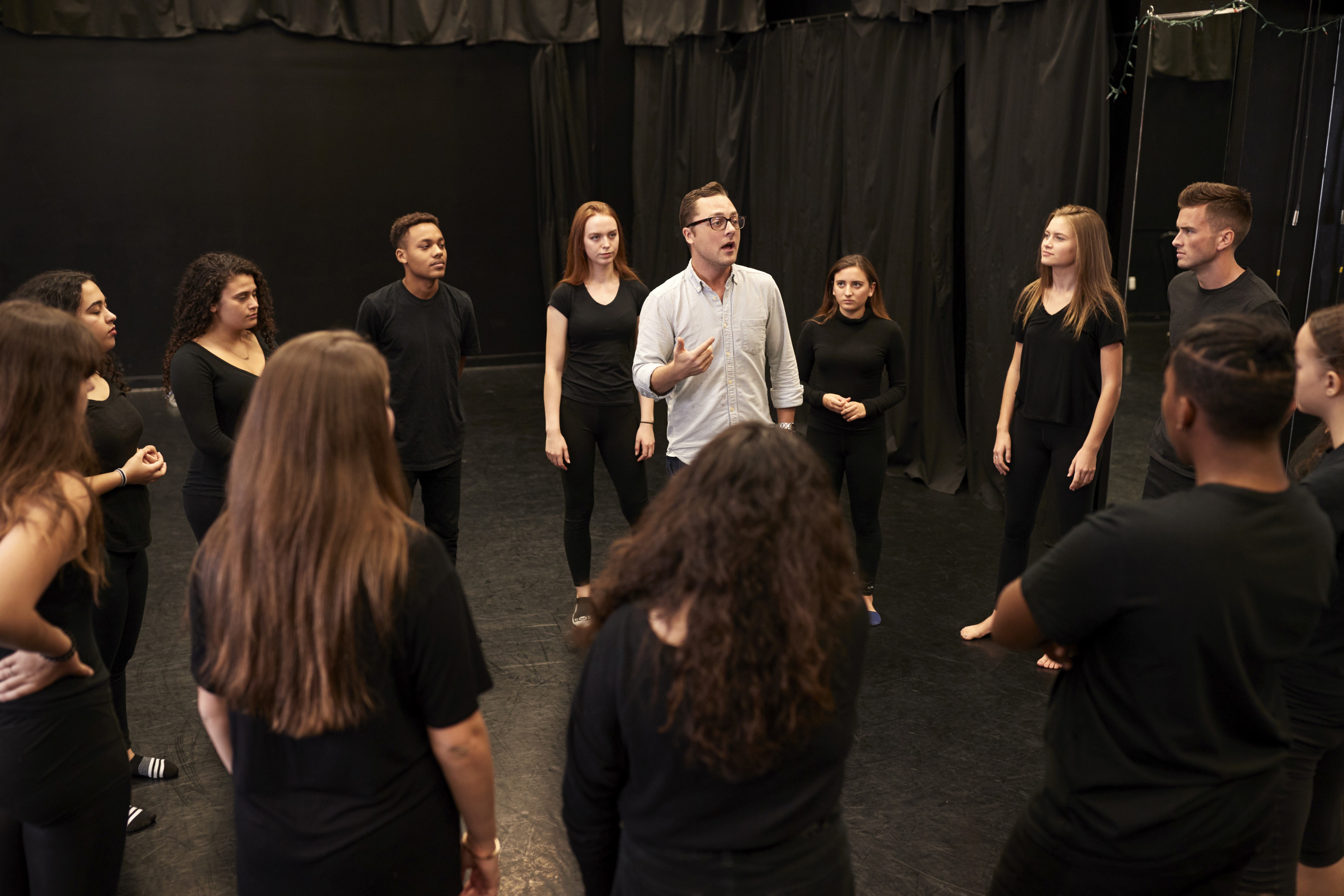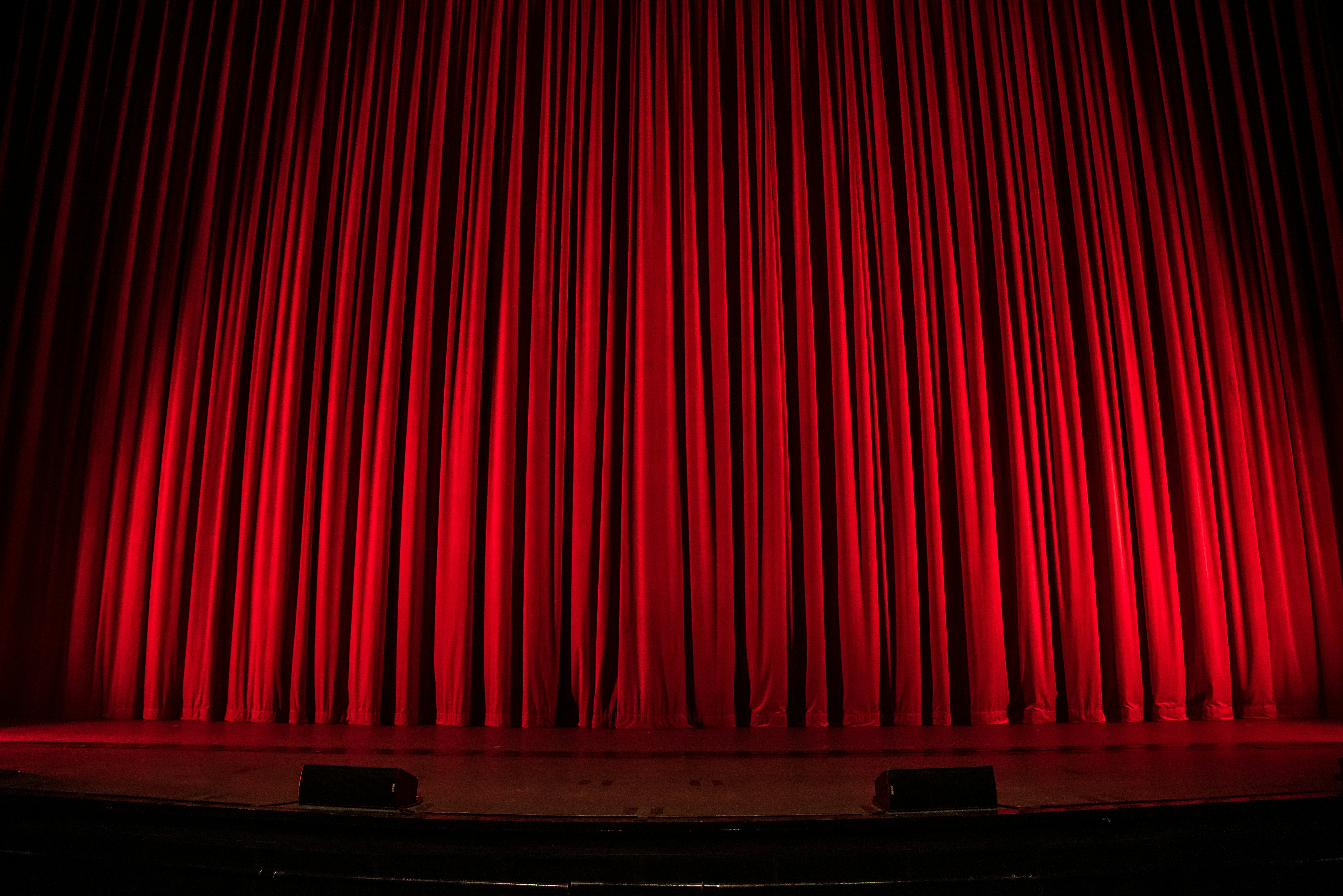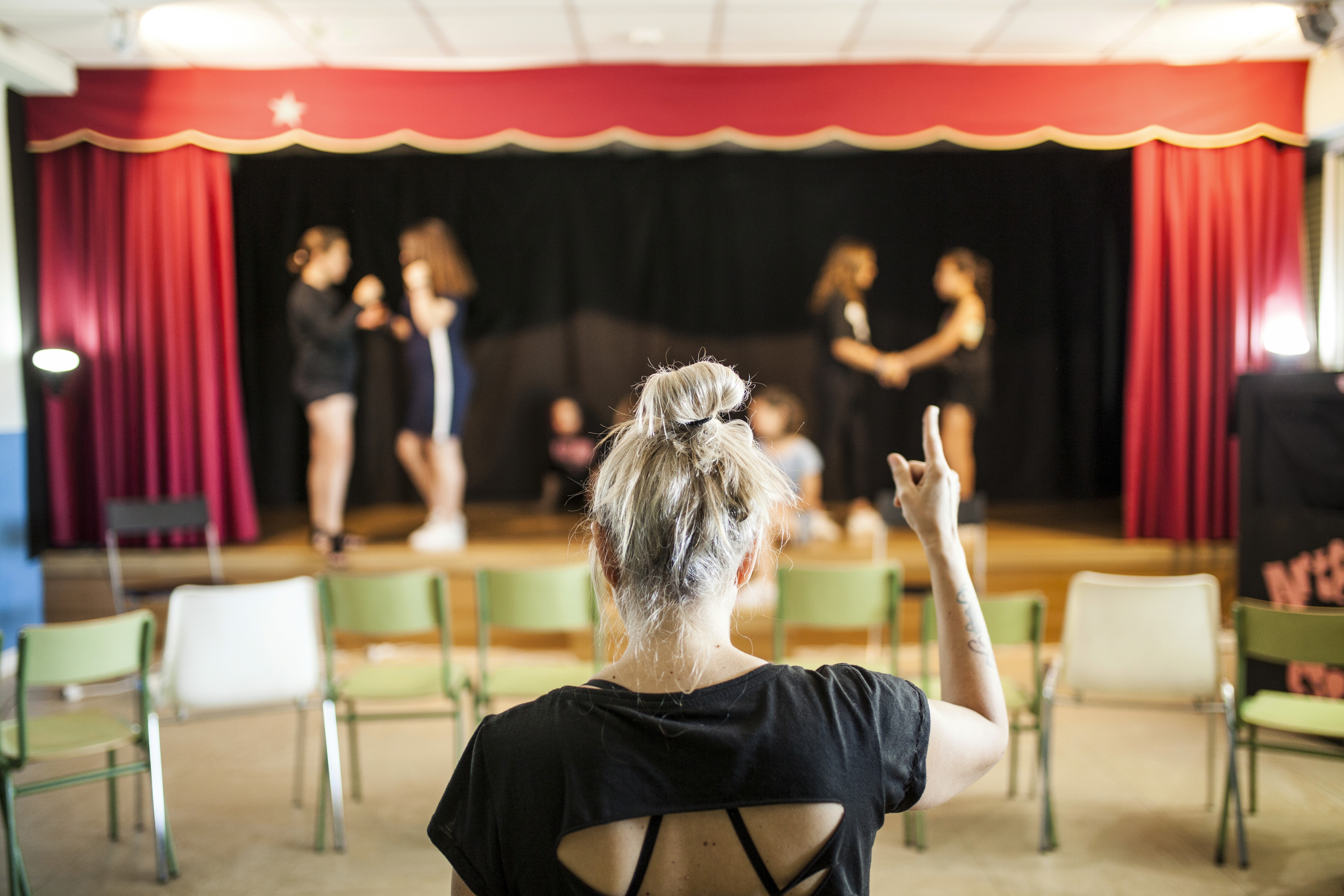Black Box Theater
Definition:
A "Black Box Theater" is a simple, unadorned performance space with black walls and a flat floor. This versatile and flexible venue is designed to be easily adapted for various types of performances and staging configurations.
Detailed Explanation:
Black Box Theaters are known for their minimalist design, which typically includes black walls, a flat floor, and a lack of permanent stage fixtures. This simplicity allows for a high degree of flexibility in staging and design, making it possible to create a wide range of performance environments within the same space. The term "black box" refers to the neutral, often black-painted, aesthetic of the space, which serves as a blank canvas for creative expression.
The concept of the Black Box Theater emerged in the mid-20th century as a response to the rigid and ornate designs of traditional theatres. By stripping down to the basics, Black Box Theaters offer an intimate and immersive experience, where the focus is on the performance rather than the setting.
Advantages of Black Box Theater:
Flexibility:
The open and unadorned nature of Black Box Theaters allows for various seating arrangements and stage configurations, such as thrust, arena, or in-the-round setups.
Intimacy:
The close proximity of the audience to the performers creates a more personal and engaging experience, enhancing the connection between the two.
Cost-Effective:
Without the need for elaborate sets and permanent fixtures, Black Box Theaters are often more affordable to build and maintain.
Challenges of Black Box Theater:
Technical Limitations:
The simplicity of the space can limit the types of technical equipment and effects that can be used, requiring creative problem-solving.
Audience Capacity:
Due to their typically smaller size, Black Box Theaters may have limited seating capacity, which can restrict ticket sales and audience reach.
Aesthetic Constraints:
The neutral, black aesthetic, while versatile, may not suit all types of productions or design visions.
Uses in Performance:
Experimental Theatre:
Black Box Theaters are ideal for experimental and avant-garde productions, allowing for unconventional staging and innovative storytelling.
Workshops and Rehearsals:
These spaces are often used for workshops, rehearsals, and developmental stages of productions due to their adaptability and affordability.
Intimate Performances:
Smaller-scale performances, such as one-person shows, readings, and small ensemble pieces, benefit from the intimacy of a Black Box Theater.
Design Considerations:
When designing and setting up a Black Box Theater, several factors should be taken into account to optimize its versatility and functionality:
Modular Seating:
Seating should be movable and reconfigurable to accommodate different staging setups and audience arrangements.
Lighting Grid:
A flexible lighting grid is essential to allow for varied lighting designs and effects. The grid should be accessible and adaptable.
Acoustics:
Good acoustics are crucial for ensuring that sound travels well within the space. The design should minimize echoes and enhance clarity.
Accessibility:
The space should be accessible to both performers and audience members, with considerations for mobility and safety.
Conclusion:
Black Box Theaters provide a versatile and intimate setting for a wide range of performances. Their minimalist design and flexibility make them a popular choice for experimental theatre, workshops, and small-scale productions. By offering a blank canvas, Black Box Theaters empower directors, designers, and performers to explore creative possibilities and engage audiences in unique and compelling ways. Whether used for avant-garde performances or community theatre, Black Box Theaters continue to be a vital and dynamic component of the performing arts landscape.


